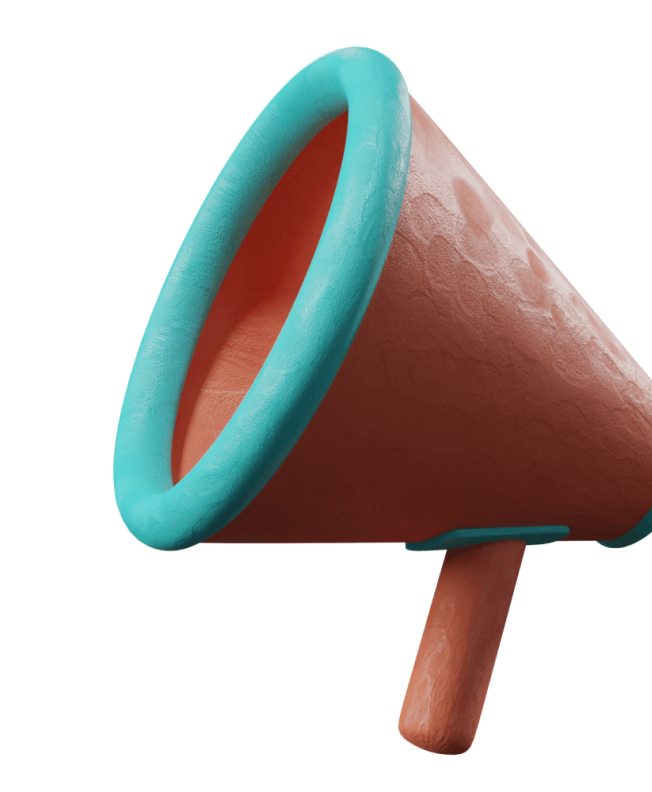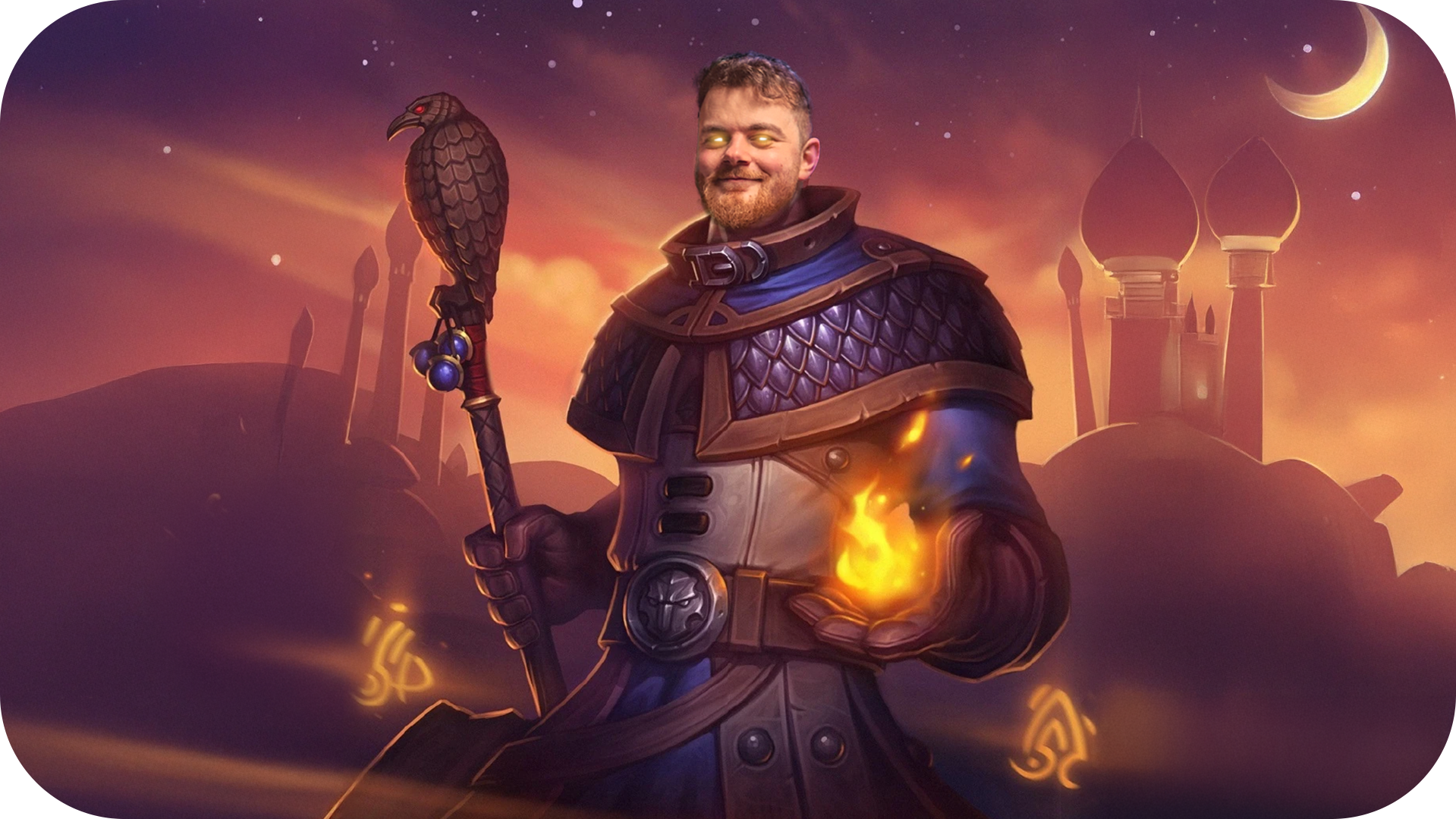
by Google
Jancucik is a ray of sunshine who brings an incredible amount of energy to her videos and it is impossible not to like her. But she also went through a period when she was not very happy, on the contrary, it was the most difficult period in her life. Janka suffered from anorexia nervosa. We asked Jancucik what eating disorders look like and what their consequences are on mental and physical health.
Hi Janka, you recently posted a video on TikTok in which you talk about your mental health and that you have been seeing a psychiatrist for a long time. How do you feel about creating content in which you reveal such sensitive information?
“Since the very beginning of my YouTube channel, I have relied heavily on honesty and a close relationship with my fans. That is why I think that this information about me should not be kept secret, and since I am aware that I am a role model for some young people, I want to share my experiences with them all the more, to show them that they do not have to be ashamed of it and that there is a way out.”
“I myself like to point out that it is normal that when something hurts you go to a doctor. When your knee hurts, you go to an orthopedist, when your soul hurts, you go to a psychologist or psychiatrist. Mental health is something that we should not be ashamed of, but on the contrary, we should take care of it and seek professional help if necessary.”
How long have you been seeing a psychiatrist and why do you think it is important to work on your mental health?
"I have been seeing a psychiatrist since I was 14, but I have been seeing a psychologist since I was 11. I started seeing a psychologist because of my eating disorder, and then later, when the psychologist couldn't help me anymore, she referred me to a psychiatrist, and there we solved bigger problems related to treatment with medication. And now I have returned to regular sessions with a psychiatrist because I want to take care of my mental health."
“Since we live with ourselves our whole lives, it is certainly very necessary to take care of ourselves and not forget about our health as a whole, whether physical or mental. And it also helps a person to get to know themselves better.”
Among other things, you openly communicate your story about anorexia, which you also projected into the short film ANNINE DIANNIKY. What was the main goal of this project and what did it leave in you?
“The main goal of this project was to create something meaningful for me that I could focus on and that would help me get out of my difficult state. Thanks to the fact that I put my whole head into Anna's diaries, my brain didn't have so much space to think nonstop about food and how to lose weight.”
“So first of all, this project was for me to get out of anorexia, but secondly, the film was created to spread awareness about the fact that there are very few places in Slovakia where professionals can help young people under 18 who suffer from eating disorders. And since there was very little information about anorexia reaching people, I thought that the easiest way to convey information to people was through video. Since I already liked making videos myself at that time, I immediately thought of creating a short film on this topic. Through the film, I also wanted to show people that there is a way out, because people suffering from PPP forget that there is life outside of anorexia.“
We had the honor and you launched the premiere of the film ANNINE DAILY with us during a live stream at the Vidad studio. Which moment from the whole stream, which one touched you the most?
"I've been working on this project since I was 15 years old and the biggest moment for me was when I got to you at Vidad and you were able to help me with it. That was the biggest success for me and I was very happy about it. But the most powerful moment was when people saw the whole film, because I know that we worked on it for a very long time and we tried to make it as good as possible and they told me that it was great and that it would definitely help people."

Do you think that the topic of anorexia nervosa is sufficiently communicated in Slovakia? What would you change?
“I don’t think so. From my own experience, I can say that when I gave various lectures on the topic of anorexia nervosa, people did not understand it and had this eating disorder categorized only as being very, very thin. And it’s not just about physical appearance, but especially about mental health, because anorexia can also be suffered by a person who is not thin. And that’s why it’s important that we don’t judge people based on how they look. Anorexia nervosa does the most damage to our thinking, because it disrupts our thinking and perception of ourselves and how we see ourselves in the mirror. People suffering from PPP do not see their true reflection in the mirror, but someone else they have created in head.”
Can anorexia nervosa be completely cured? Who can people who are looking for help turn to?
“To be honest, I don’t think so completely, because a person who suffers from it can easily fall back into it again and basically lives their whole life on thin ice. Sometimes all it takes is a really small thing, like a stupid comment or an unpleasant situation. So I think it can’t be completely cured, because it will always be somewhere in the back of your mind, but you can work with it and live a very nice life. I myself am in a state where I’m trying to work with it and I know that I don’t want to get into that difficult state anymore, but those thoughts in my head are still there, they haven’t completely disappeared.”
“People who suffer from PPP can turn to the wonderful project Lust for Life, but I would definitely recommend also seeking help from a psychologist or psychiatrist. Don’t be afraid of it. For me personally, the hardest thing was to admit that something was wrong with me, so the sooner you admit that something is not quite right, the better, because you will not fall into such a difficult state as I was in.”
What consequences has this eating disorder left on you?
“For me, anorexia mainly changed the way I perceived myself. I am still working on liking myself, but the strongest thing for me is body dysmorphia (Body dysmorphia is a morbid fear of one's own ugliness. People with this diagnosis do not perceive themselves as those around them perceive them. When looking in the mirror, they feel disgust and anxiety, which slowly leads to panic, social phobias and depression, which lead to extreme changes in appearance or, conversely, to self-harm.).”
“It also caused me physical problems, I had long-term blood problems. But anorexia nervosa damaged my psyche the most, and I'm still fighting and treating it.”

What was the biggest myth about anorexia that you've heard so far?
“The biggest myth is definitely the claim that a person with anorexia is thin. So I would really like to explain to people and educate them a little about the fact that anorexia is mainly in the head and what happens to the body is just a result of how a person thinks, and I try to emphasize that in my PPP lectures.”
Why is this eating disorder so dangerous?
“It is especially dangerous because a person in this state does not think rationally, their mind is as if controlled and the disease thinks for them. It is as if another person is constantly undermining their feet and telling them that they are not good enough. It can reach a stage where their body collapses, or the person with PPP takes their own life.“
“The absolute worst part is that even if a person with PPP dies, the medical report always states, for example, heart failure as the cause of death, but it never says that death was caused by an eating disorder, and therefore the mortality rates are not accurate.”
“So really the biggest danger is death, because a person doesn't know when to stop and doesn't know how to admit that something is wrong with them and doesn't know how much they are hurting themselves and others.”
Are you planning other projects focused on PPP or mental health?
“I am currently in close contact with the project Cheap Living, which I am trying to make visible. And I would really like to share information about PPP with people through my videos and posts on social networks and spread some kind of awareness so that what is talked about the most is talked about.”

What would you say to people who don't feel good in their bodies?
“It is a huge and long journey on which one learns to love oneself. I myself have not finished it yet, but when you realize that you will live with yourself for the rest of your life, it is really important to have a nice relationship with yourself and the sooner the better.”

We only have one health, physical and mental, so we should not prioritize one over the other. Janka is a strong person who went through a difficult stage of anorexia nervosa and is a living example that there is a way out, there is a life outside of PPP, which is beautiful, and in which food is not a scary thing. If you suspect that you or your loved one has an unhealthy relationship with food, do not hesitate to visit the beautiful project Chut žiť, which has also recently launched a helpline.






